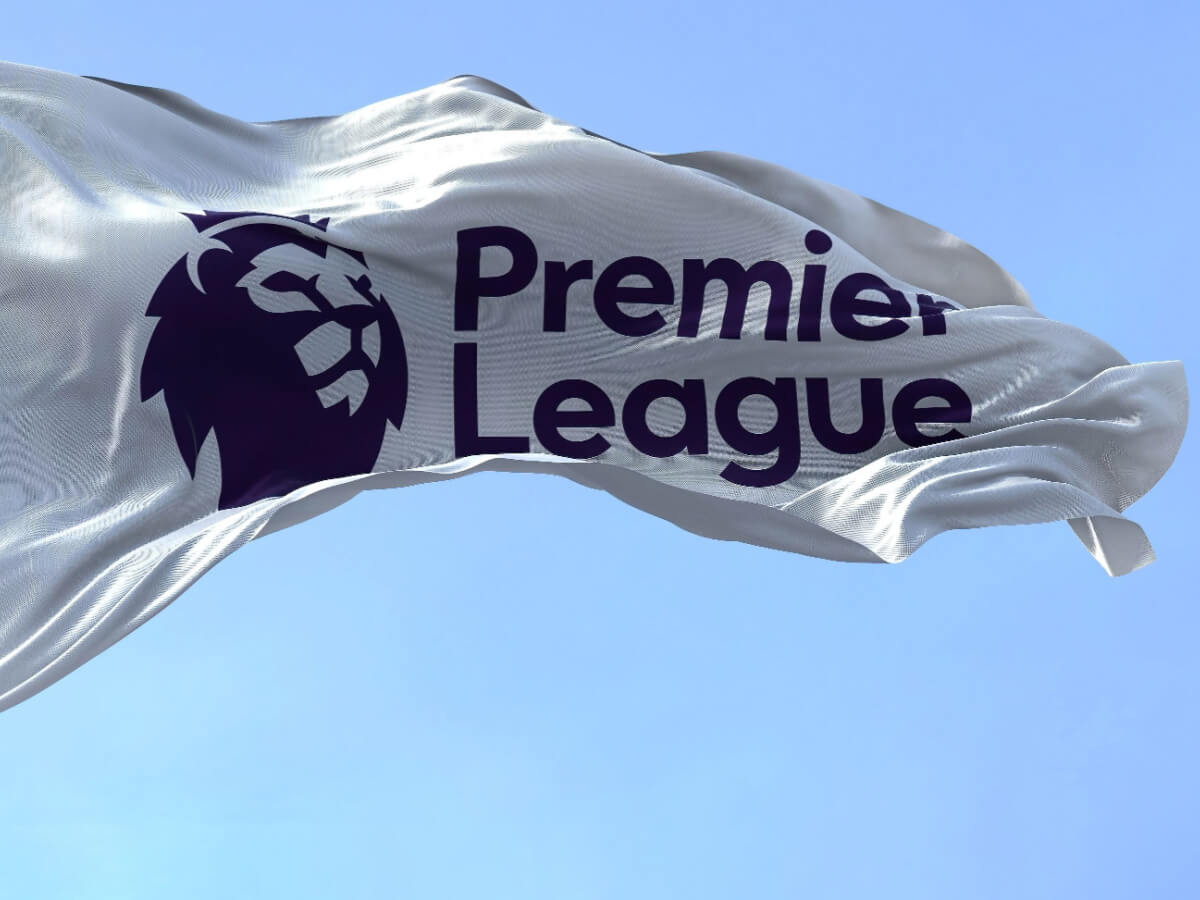The Premier League reportedly on the brink of a legal battle over a contentious new financial rule, known as 'anchoring', set to be voted on this Friday. The proposed rule, viewed by many as a form of salary cap, has already drawn threats of legal action from the Professional Footballer's Association (PFA) and now three major football agencies.
The proposed 'anchoring' rule aims to restrict the clubs' expenditure to a maximum of five times the amount paid to the team that finishes last in the league. This controversial regulation aims at creating financial parity among teams but has been met with significant resistance.
Major football agencies join legal battle
According to reports from Daily Mail, three of football's biggest agencies - CAA Stellar, CAA Base and Wasserman - are prepared to join PFA in challenging this new regulation should it be approved. These agencies represent several high-profile players who currently play or have played in the Premier League including Man City's John Stones, Everton's Jack Grealish, Chelsea's Cole Palmer, Arsenal's Eberechi Eze and Liverpool’s Curtis Jones.
Through a leading law firm, these agencies have reportedly communicated their stance against this proposed rule change. They argue that introducing such an 'anchoring' rule would violate competition law and have indicated they will take legal action if it gets passed. Interestingly enough both Manchester United and City share similar sentiments with PFA and these football agencies. Both clubs believe that such a move could prove detrimental for Premier League by making it easier for talent to relocate abroad due to potential salary restrictions.
Last year saw 16 Premier League clubs backing up this proposal during an initial ballot conducted for examining this new regulation. However, for its implementation 14 clubs must vote in favour which makes upcoming voting crucial.
Aligning with UEFA’s SCR framework
The proposed regulations are believed to align the Premier League more closely with UEFA's Squad Cost Ratio (SCR) framework. This framework allows teams to allocate up to 70% of their income on their squads and has been operational for several seasons across Europe, applying to clubs competing in European tournaments.
As the Premier League prepares for a crucial vote on Friday, it faces potential legal challenges from powerful football agencies and opposition from some of its biggest clubs. The outcome will have significant implications not only for the financial structure of English football but also potentially its competitive balance and attractiveness to top talent.












